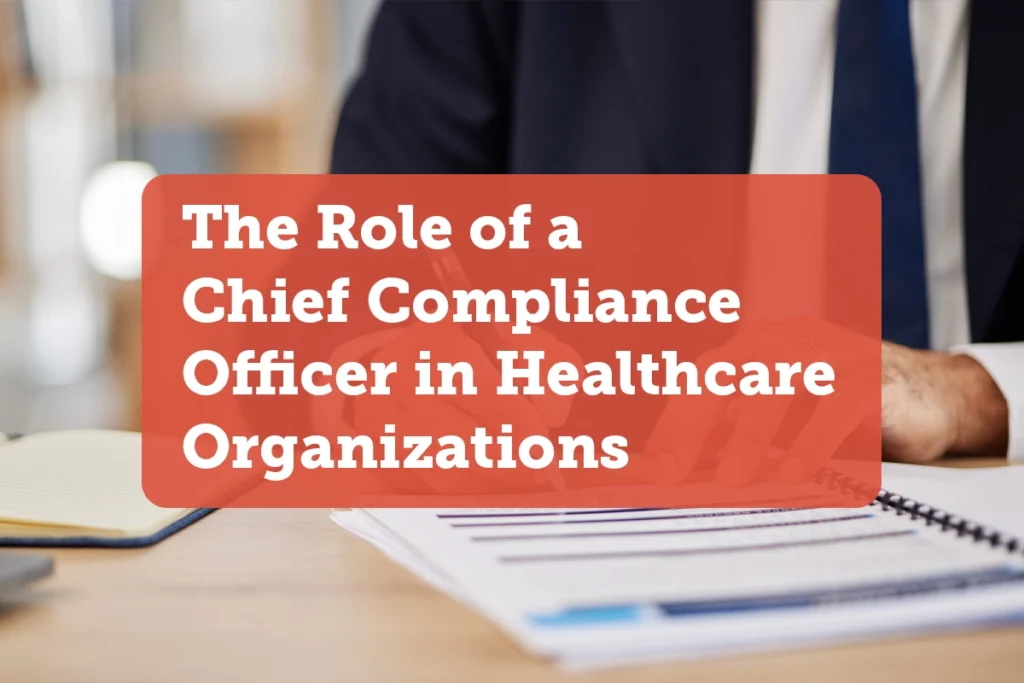How do Executive Search Retainers Work?
In a competitive market for executive recruitment, firms seeking the best-in-class executive talent must understand how retained executive search works. This guide provides an insightful look at the inner mechanics of retained executive search, its benefits, and why it remains the most popular method for hiring key C-suite and senior leadership positions.
What is a Retained Executive Search?
Retained executive search is a recruitment strategy that focuses on finding high-level and executive talent. This differs from other forms of recruitment in that it comes with an upfront fee—the retainer—that guarantees the search firm’s exclusive service throughout the hiring process.
The retainer is the advance payment to the executive search firm for securing their exclusive service during the hiring process. It is typically a third of the salary for the role, and paid in thirds until a placement is made.
How Retained Executive Search Differs from Contingent Recruitment
It is crucial for firms deciding on how best to hire for their executive staffing needs to understand the difference between retained and contingent search:
Retained Search:
- Fee structure: Upfront retainer fee with periodic payment instalments at pre-agreed milestones
- Exclusivity: Works exclusively with one search firm
- Focus: Quality over quantity, with stringent screening of candidates
- Approach: Step-by-step strategic process with detailed market analysis
- Typical roles: C-suite, senior leadership, and specialized executive positions
Contingent Search:
- Payment structure: Payment is charged only on successful placement
- Exclusivity: Can work with multiple recruitment agencies simultaneously
- Focus: Tends to favor speed and quantity of applicants
- Approach: Typically targets active job seekers as well as existing databases
- Typical roles: Mid-level and non-executive positions
The Retained Executive Search Process
The executive search process is disciplined and systemic, ensuring quality and thoroughness. The process can be broken down into a set of key milestones:
1. Initial Engagement and Fee Structure
In a retained executive search, the organization pays a fee agreed to upfront in advance for retaining the search firm exclusively for a period, usually through a payment schedule based on a “rule of thirds”:
- First payment: 1/3 of the total fee paid upon signing the contract
- Second payment: 1/3 paid when a shortlist of candidates is presented
- Final payment: 1/3 paid when the selected candidate accepts the offer
Most retained firms charge approximately 25-35% of the position’s first-year compensation, including base salary, bonuses, and sometimes equity components.
2. Discovery and Position Specification
The search firm has extensive meetings with the major stakeholders to understand:
- The specific requirements of the role
- Company culture and management style
- Strategic objectives and challenges
- Ideal candidate profile and qualifications
All this is consolidated into one single position specification document to guide the search and use as a recruitment tool for attracting potential candidates.
3. Research and Strategy Development
The search team develops a targeted strategy, identifying:
- Companies that are likely to have suitable talent
- Specific teams or departments to target
- Geographical considerations
- Companies that are off-limits due to existing client relationships
This strategic plan ensures the search is targeted at the highest potential pool of executive talent.
4. Candidate Identification and Outreach
The search firm identifies potential candidates using its established networks, proprietary databases, and original research. This includes:
- Direct targeting of passive candidates (those not actively looking for jobs)
- Accessing industry contacts and referral networks
- Discreet ways of determining interest without compromising confidentiality
By discreetly reaching out to passive candidates, executive search recruiters create a robust candidate pool that closely aligns with the specified position requirements.
5. Candidate Assessment and Evaluation
The executive search firm conducts extensive interviews with the candidates to determine:
- Career history and achievements
- Leadership style and cultural fit
- Interest and motivation for the opportunity
- Compensation expectations and potential barriers to acceptance
This extensive screening process ensures that only the most qualified candidates are presented to the client.
6. Candidate Presentation and Client Interviews
The executive search firm submits a shortlist of 3-6 highly-qualified candidates, together with detailed profiles that contain:
- Career history and achievements
- Assessment of strengths and areas of potential concern
- Motivation factors and compensation expectations
- References and background information
Then the firm schedules interviews between the client and short-listed candidates, requesting feedback following each interview. The client’s feedback is crucial in the decision-making process, and the search firm will use this feedback to refine the search if necessary.
7. Reference Checking and Due Diligence
Final candidates go through thorough reference checks by the firm, which include:
- Conducting interviews with previous supervisors, peers, and direct reports
- Verification of academic qualifications and professional experience
- Assessing leadership quality and historical performance
- Identifying potential problems or red flags
8. Offer Negotiation and Onboarding Support
After the client selects their preferred candidate, the search firm:
- Helps develop a competitive proposition
- Conducts negotiations between the client and the candidate
- Provides communication management throughout the acceptance process
- Provides onboarding support for a seamless transition
Most retained firms offer a guarantee, usually promising a redo of the search for no further fee if the placed executive departs within a given period (usually between 6-12 months).
Benefits of Using a Retained Executive Search Firm
Retained executive search offers many advantages to firms seeking the best executive talent:
1. Access to Passive Candidates
Executive recruiters target passive candidates, who are high-performing executives who are not currently looking for a job but may consider a best-of-class opportunity. These individuals are typically within their network or individuals they reach out to.
2. Comprehensive Market Coverage
Retained search firms conduct extensive market research to ensure that no potential candidate is missed. This comprehensive process ensures the maximum possibility of hiring the best executive for the job.
3. Confidentiality and Discretion
For private searches, such as recruiting a replacement for a struggling executive or expanding into new markets, retained search offers the highest degree of confidentiality, protecting the company’s reputation and the candidates’ current jobs.
4. Strategic Partnership and Expertise
Retained search firms serve as executive hiring strategy consultants, offering knowledgeable data regarding the then-prevailing market environment, compensation, and availability of applicants. Retained search firms guide companies toward sound executive hiring decisions through their experience and knowledge.
5. Quality and Thoroughness
The retained search model is a quality-over-quantity methodology. Rather than presenting many candidates, retained firms set about finding and thoroughly screening a few high-caliber executives who most closely meet job requirements.
When to Use Retained Executive Search
There are certain situations where retained executive search is most useful:
- C-suite and board-level roles where the most is at stake
- Roles requiring specialized expertise or industry knowledge
- Circumstances requiring absolute secrecy
- Targeting passive candidates is a necessity for competitive markets
- Strategic hires that will significantly impact the company’s direction
- Global searches requiring worldwide networks and experience
Selecting the Right Executive Search Partner
When choosing a retained executive search firm, look out for the following:
- Industry expertise and relevant experience with similar searches
- Record of successful recruitments and client satisfaction
- Quality of the specific consultant who will lead your search
- Depth of research capabilities and candidate assessment methods
- Geographical coverage and network relevancy for your needs
- Cultural alignment with your organizational culture and values
The Future of Executive Search
The executive search industry is catching up with the changing times and needs. Modern retained search firms employ:
- Analysis of data to forecast candidate success and identify trends
- AI solutions for optimizing candidate sourcing and screening
- Methods of online assessment for measuring leadership abilities
- Global networks for accessing diversified pools of talent
- Skills for remote leadership and distributed team management
Despite these technological advancements, retained executive search remains rooted at its core in the human element—the ability to assess not only experience and knowledge but leadership potential, fit within a culture, and potential for success within a given organizational environment.
Partner with Hunter Recruiting for Your Executive Search Needs
Determining the most effective executive leadership involves effort, time, and expertise. Hunter Recruiting is experienced in bringing together high-caliber organizations with game-altering leaders who drive business success through a unique executive search process.
Our team of executive recruitment experts has extensive experience seeking leadership in a wide range of sectors. With their vast network of contacts, customized research approaches, and stringent assessment process, they locate executives with technical qualifications that align with your organization’s culture and strategic mission.
Looking for high-caliber executive talent for your leadership team? Schedule a consultation today to discuss your executive recruiting needs and learn how our executive recruitment specialists can help you obtain the visionary leaders to advance your organization.














